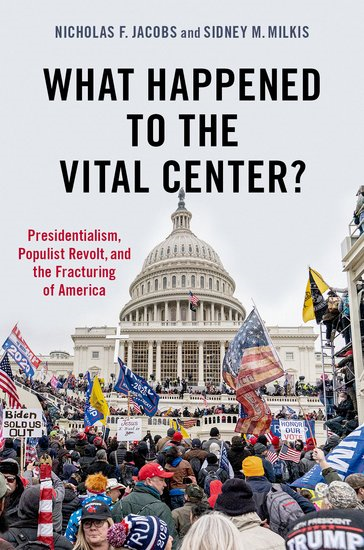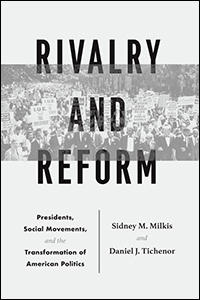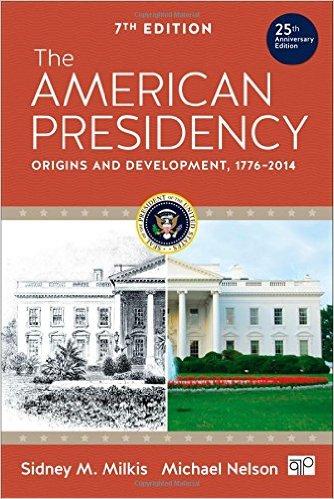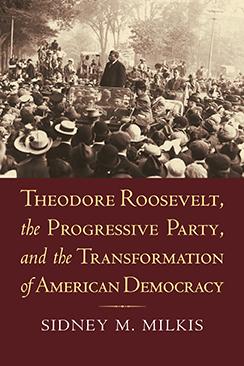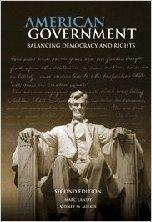White Burkett Miller Professor of Governance and Foreign Affairs
Fast Facts
- Author of What Happened to the Vital Center?
- White Burkett Miller Professor of Governance and Foreign Affairs
- Award-winning educator
Areas Of Expertise
- Social Issues
- Governance
- Elections
- Founding and Shaping of the Nation
- Political Parties and Movements
- Politics
- The Presidency
Sidney M. Milkis is the White Burkett Miller Professor of Governance and Foreign Affairs and a professor of politics. His research focuses on the American presidency, political parties and elections, social movements, and American political development. In addition to teaching undergraduate and graduate students, he regularly gives public lectures on American politics and participates in programs for international scholars and high school teachers that probe the deep historical roots of contemporary developments in the United States.
Milkis earned a BA degree from Muhlenberg College and a PhD in political science from the University of Pennsylvania.
Sidney Milkis News Feed
The Miller Center brought together three University faculty panelists and one moderator Friday to provide insight into the sustainability of the Trump administration's economic approach, underlying historical precedent and relevance regarding recent tariff decisions.
The Cavalier Daily
Experts in law, politics, and business evaluate American democratic capitalism under President Trump and beyond. Is the Trump administration’s economic approach sustainable? Panelists will discuss its costs and benefits to the future composition of the American political economy.
Miller Center Presents
Panelists at the Miller Center of Public Affairs Friday weighed where the country is heading.
29 News
Sidney Milkis, White Burkett Miller Professor of Politics at the Miller Center, discusses the history and causes of the ever-expanding power of the presidency—and how it affects American democracy.
Karsh Institute of Democracy
"Trump is a legitimate threat — and so far there has indeed been tepid outcry — nothing like the strong resistance that arose in 2017."
The New York Times
“Executive orders cannot create new laws, appropriate funds or override existing legislation; those are powers reserved for Congress,” said Melody Barnes, executive director of UVA’s Karsh Institute of Democracy. “They must be rooted in existing constitutional or statutory authority, and they can be challenged in court or overturned by subsequent administrations.”
UVA Today
